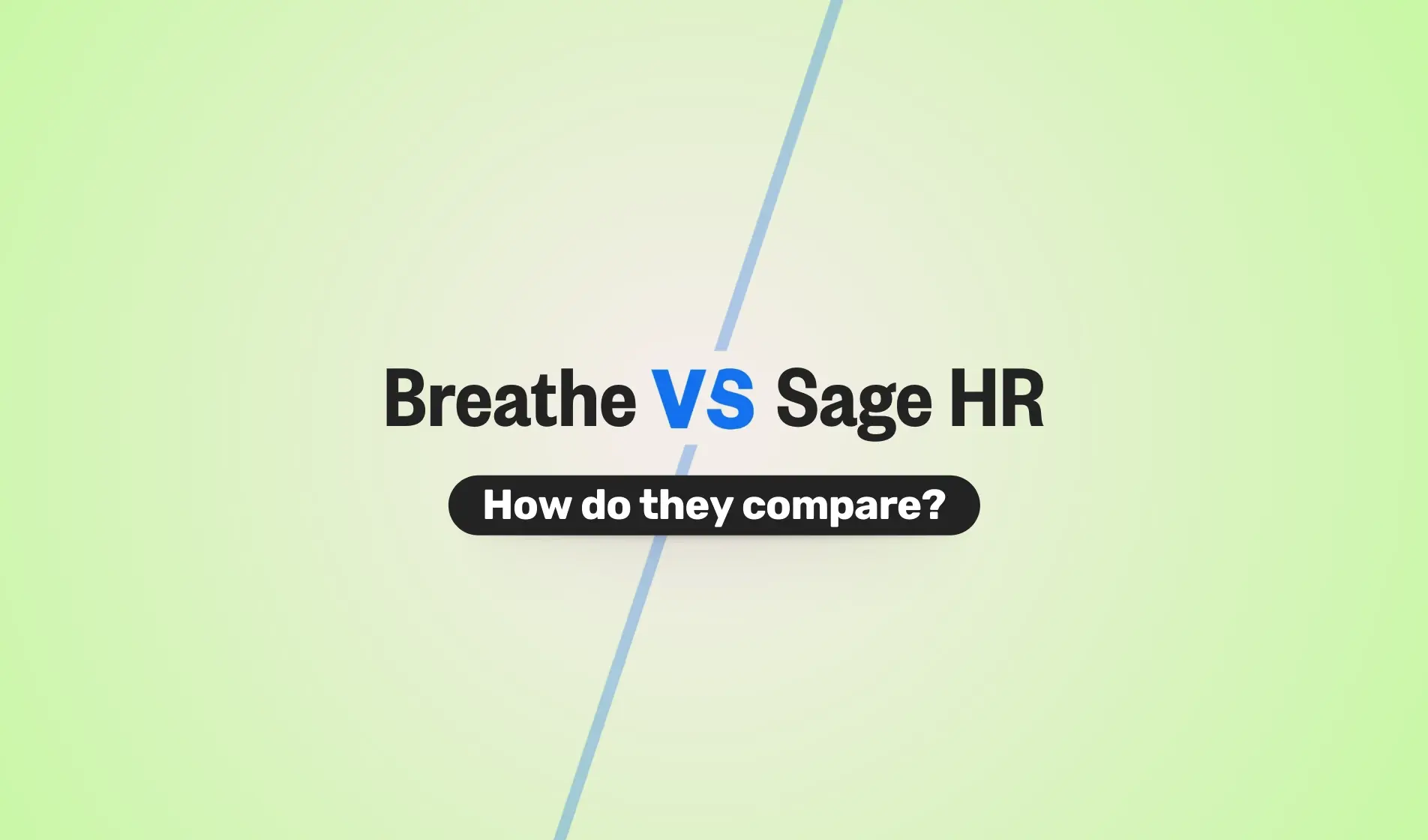A zero-hours contract is a legal agreement for workers whose hours are not set in stone. The number of people on zero-hours contracts in the UK continues to rise every year.
What are zero-hours contracts & why are they used?
A zero-hours contract a type of contract used by employers whereby workers agree to be potentially available for work although have no guaranteed hours.
As zero-hour contracts offer no guarantee of any work, they can be useful for entrepreneurs running a start-up business.
For a growing start-up, this kind of contract can provide supplementary labour when you need it, but it doesn’t tie you into paying salaries when you perhaps don’t have sufficient work.
They are attractive to students, working parents and others who want flexible work, but can’t – or don’t want to – always accept it.
If you have a genuine requirement for a flexible pool of workers, or have a business where demand fluctuates, then zero-hours contracts can work extremely well. One aspect that it’s important for you to understand is the zero hour contract notice period.
There are no statutory rights regarding notice periods for zero hour contract workers. However, it’s good practice to stipulate a notice period in your zero-hours contracts, as you would with staff that work for you on an employed basis.
RELATED: Zero-hours contracts: holiday pay and entitlement
Zero-hours: employee's rights
Theoretically, a zero-hours contract gives your worker the ability to “leave” without ever giving notice. Since they don’t have to accept any work that you offer, nor give a reason for doing so, they could simply permanently continue to turn work down.
Even where notice to leave is given, your worker could still turn down any work offered during their notice period. Effectively therefore, they can “leave” as soon as notice is given.
In practice though, every employer seeks a good working relationship and wouldn’t want this sort of situation to develop. Equally, nor would the worker, who would presumably be hoping for a good employment reference from you.
Zero-hours contract notice period: employer's rights
From your side, the issues are the same. Although you may give notice to a worker, provide a leaving date and follow the process as per the zero hour contract notice period you have outlined, you don’t then have to offer them any work during that time.
Instead of giving notice to your worker, you could, of course, simply stop offering them any hours. However, this may open you up to a claim of discrimination. So it’s right to give notice and to follow your own process for terminating the contract.
Zero-hours contracts & SMEs
So, there are a couple of things to be aware of with zero-hours contract notice periods. Firstly, you shouldn’t rely on a zero-hours contract worker being available during their notice period. Secondly, you cannot expect that they will even give notice that they are resigning. If you bear those points in mind, these contracts can be very useful for calling on ad hoc workers as and when you need them.

Author: Aimée Brougham-Chandler
An IDM-certified Digital Copywriter (2023) & English Language & Literature graduate (BA Hons), Aimée is Breathe's Content Assistant. With 3 years' content marketing experience, Aimée has a passion for writing - and providing SME HR teams with solutions to their problems. She enjoys delving into & demystifying all things HR: from employee performance to health and wellbeing, leave to company culture & much more.




